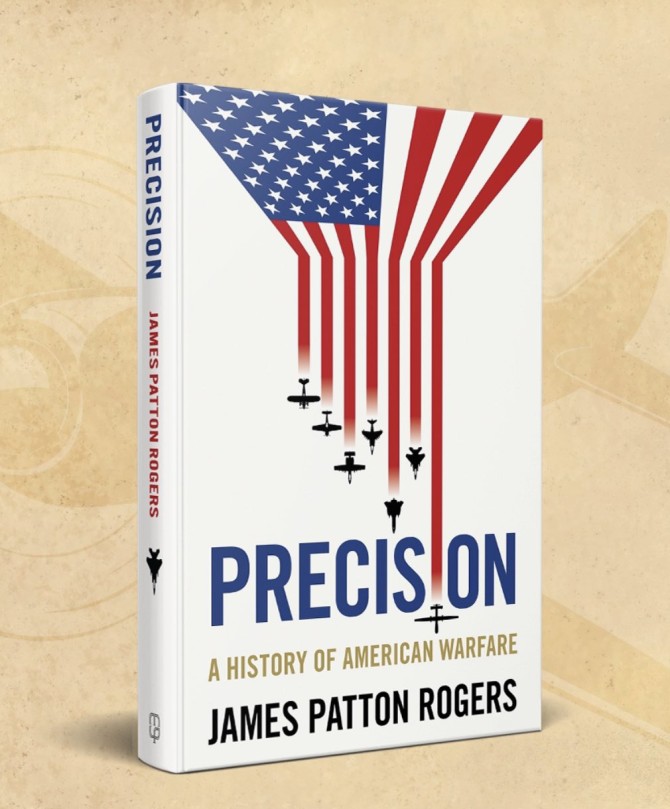
News directly from Cornell's colleges and centers
Brooks School Tech Policy Institute focuses on intersection of national security and tech policy
By Giles Morris
We live in an era in which rapid technological change shifts the global security balance in real time. No one knows that better than Sarah Kreps, director of the Brooks School Tech Policy Institute (BTPI), and John L. Wetherill Professor in the Department of Government in the College of Arts & Sciences.
Kreps’ sabbatical year has balanced answering calls from the White House about how to think about elections and democratic participation in an era of AI, working on her own book about tech policy, and studying regulatory schemes governing artificial intelligence in order to develop a new theoretical roadmap for U.S. policymakers as they grapple with the promises and potential perils of generative AI.
“It became clear to me that technologies and strategies were moving faster than the policy wheels could turn, and that worried me,” Kreps said of the impetus to found the Brook School Tech Policy Institute. “We cannot safely unlock the potential of AI and other emerging technologies without developing well-researched, responsible policies.’”
With funding from the Jain Family Institute, Kreps and BTPI Fellow Adi Rao, PhD candidate at Cornell University’s Department of Government and associate at the RAND Corporation, are in the final stages of a research paper that presents a high-level framework to begin thinking about regulation of AI technologies. Rao and Kreps are also partnering with Microsoft Research on AI policy. In the meantime, Kreps fields several media requests every week from a news cycle that hammers her areas of expertise.
In response to these profound technological shifts, the Institute has positioned itself as a leading authority at the crossroads between national security and technology policy. With research hubs on artificial intelligence, cybersecurity, cryptocurrency, supercomputing, and drones, the Brooks TPI serves as a home for interdisciplinary collaboration at Cornell– its mission to unite experts from across STEM and the social sciences to work with policymakers and industry leaders as they address emerging challenges to national security.
It’s that ambition that attracted Brooks School Senior Lecturer James Patton Rogers to serve as the Institute’s first executive director in the fall of 2023. An expert in military history and technology with a specialization in drone warfare, Rogers has also had a busy year. He published his book “Precision: A History of American Warfare” in December and currently serves as an advisor to NATO and the UN Security Council on drone warfare– roles that entail examining high-tech weapon systems and stopping next-generation technologies falling or being placed into the hands of violent non-state groups.
Rogers sees his work at BTPI as an effort to instigate collaboration between scientists, defense experts, policymakers, and industry leaders in ways that create new frameworks for solving the pressing security challenges posed by emerging and disruptive technologies.
“We are trying to understand which emerging technologies present the greatest disruptive threat to national security today and then bring together technology experts with policymakers to find novel technical and policy solutions to these challenges,” Rogers said.
As an example, Rogers pointed to the work of BTPI Fellow Dr. Jon McCandless, an Ignite Postdoctoral Fellow at Cornell University, who is working to commercialize his research on semiconductors. In his work with the BTPI, McCandless focuses on the defense implications of new semiconductor technologies and informs both policy practitioners, academics, and industry leaders about the technical characteristics of his research through dedicated talks and policy briefs.
“The student response to the work has been one of the most exciting aspects, because it’s clear that they see how relevant the work is to both their professional futures and the future of global policy,” Kreps said. “We have had more demand for student research assistants than we currently have the capacity to handle, but James and I feel, for now, that it’s a good problem to have.”
Media Contact
Get Cornell news delivered right to your inbox.
Subscribe



